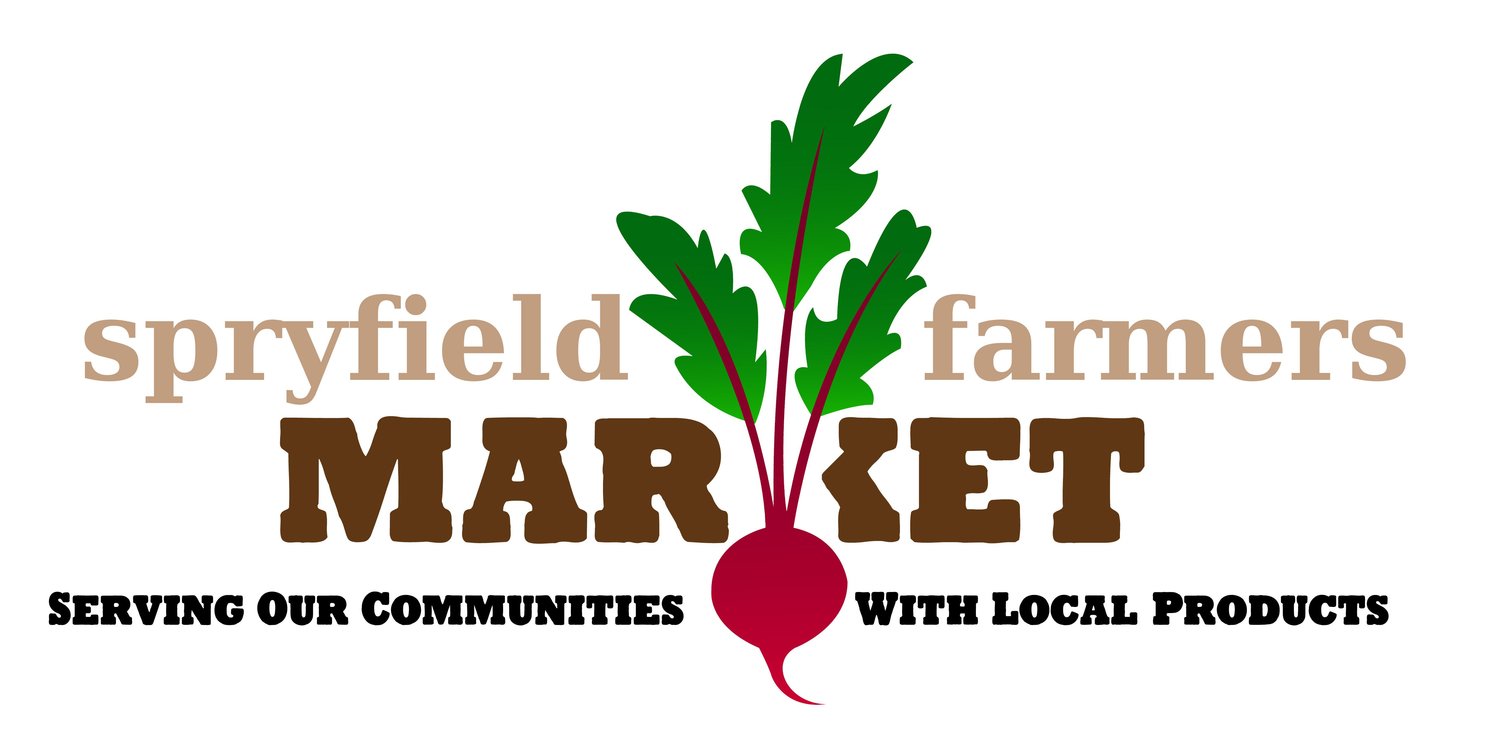Did you know that Nova Scotia has 90% of its food produced outside of the province? It is not surprising that many local groups have developed around the province to encourage more local food production over the last number of years. Amongst them, The Halifax Food Policy Alliance (HFPA) developed a Food Action Plan and Food Charter for Halifax Regional Municipality based on inputs from the community. “Good food connects to our health, the environment and the economy.” HFPA is committed to a Halifax: where no one is hungry and everyone has nutritious food that they enjoy, for generations to come, sustained by local producers. Everyone gain at building Nova Scotia’s food security and here in Spryfield and the Loop we can do our part too. The pandemic crisis we are currently experiencing may be the perfect time to do it. Here’s why:
Growing food has been a part of building human communities for over 10,000 years. Many human civilizations have their beginnings in developing agriculture. Growing food is how we have supported and protected our communities in the past. In times of hardship throughout history and throughout the globe, planting gardens has given communities focus, and the food produced saved countless lives. From the Victory Gardens grown by the members of the Commonwealth during World War 1 and World War II to the rooftop gardens grown in Cuban cities after the collapse of the Soviet Union, people growing food in every available space was more than a hobby, it was a civic duty.
Growing a garden, so I am told, is a creative and healing process. From germinating the seeds to harvesting the crop, we experience the cycle of life. Growing food requires patience, adaptability, and leadership. Ask any local farmer and they will tell you that they have an active relationship with the soil, the weather, and every part of their surroundings. I will soon find out what my apartment environment will produce because I am going to be making my first garden this year too.
As someone who has a mental illness, finding ways to build my own resilience is the primary focus of my recovery. According to PROOF, an interdisciplinary research program working to reduce household food insecurity in Canada: food insecurity and compromised mental health are closely related. Gardening can offer benefits to both side of this costly issue by providing health benefits for the mind and taking a stab at food insecurity. Engaging with nature benefits everyone.
One of my favourite story situations was in Shrek when Donkey wanted to do something to help Shrek who was injured. Fiona sent Donkey into the forest to look for a flower because she needed him to do that “something” somewhere else. Right now we have all been sent “somewhere else” and instead of picking flowers, we can grow food. Even if we do not need the food, growing it is still building resilience by expanding the amount of local food and knowledge we have, while it is distracting us from the things that are outside of our control. It gives us something that we can control, building resilience for ourselves and our community.
We can take this time that the world has offered us to grow stronger dreams and hopes. If we are teaching children we can teach our children about life by creating it. We have the opportunity to learn about the amount of care it takes to nurture life and the struggles and joys that can come with that as well.
Would you like to be a part of the Spryfield Market’s “Seeds of Resilience” initiative?

